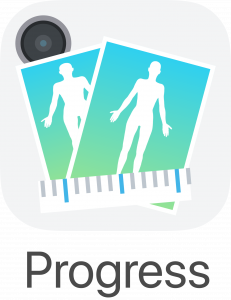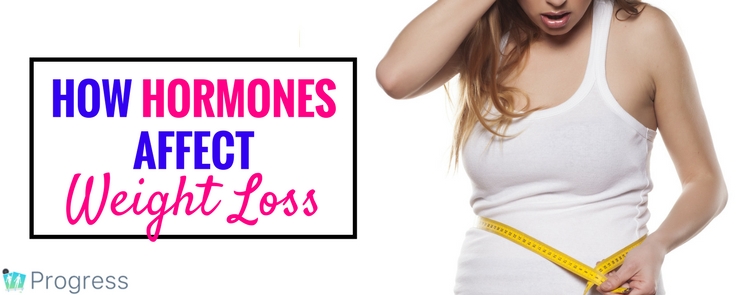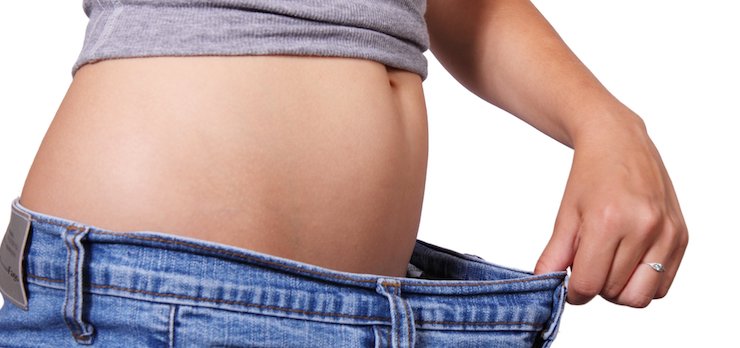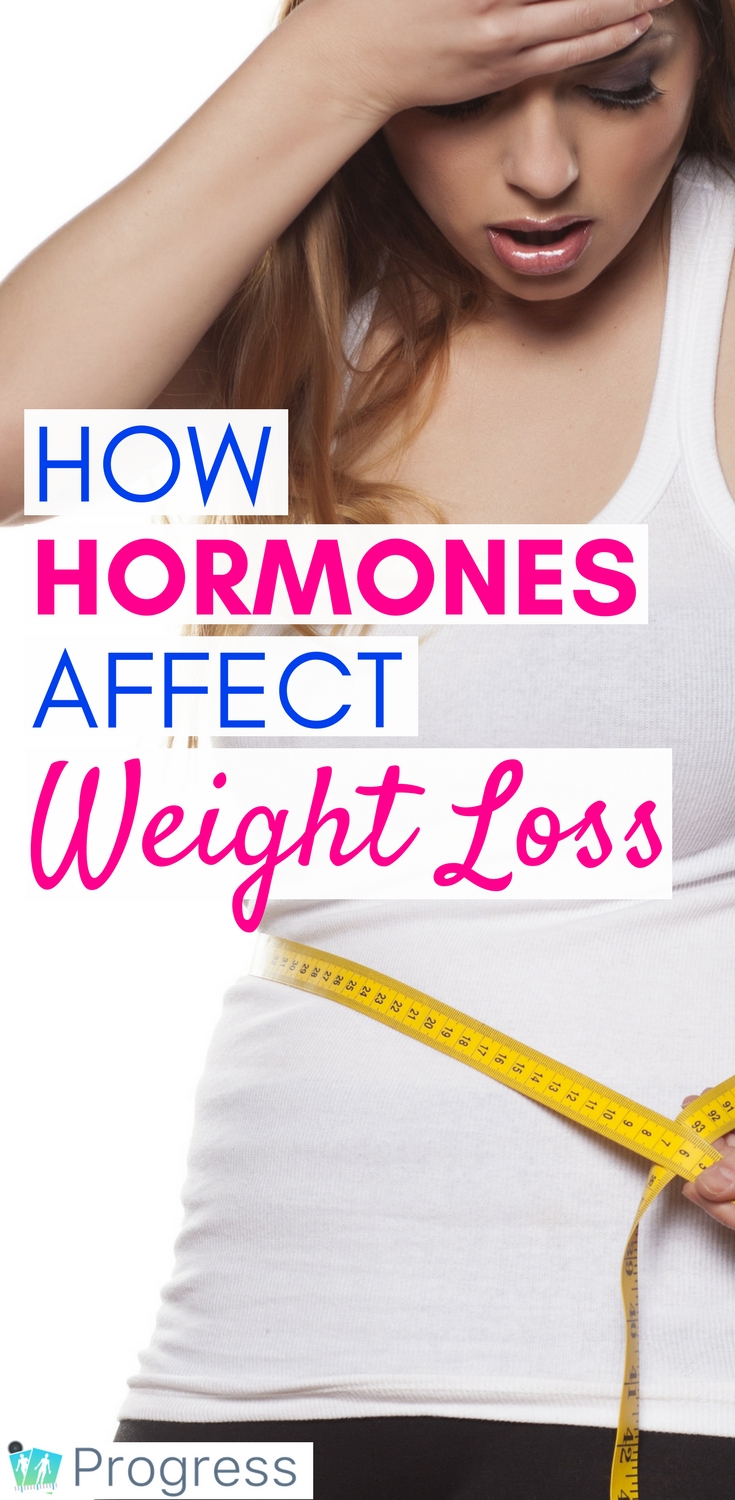
How Hormones Affect Weight Loss

You’re doing everything modern wisdom tells you to do to lose weight – you’re eating healthily, you’re exercising regularly and you’re getting a good amount of sleep. You’ve dialed down the processed foods and you may as well be a mermaid for the sheer volume of water you drink every day.
And it’s working! You’re notching up some great results. But then… BAM! Your progress slows, stops or maybe even backpedals, and as far as you know, you haven’t changed a thing. The only thing that’s different is that it’s coming up to THAT time of the month.
Bingo.
Yep, it’s Aunt Flo sashaying into town for her monthly reign of terror, and not only is she dishing out stomach cramps like they’re going out of fashion, she’s also messing with your weight loss with a whole cocktail of hormone changes. According to Dr. Natasha Johnson, M.D. a gynecologist based in Boston, some women gain up to five pounds during their period!
So, what gives?
Let’s look at how hormone changes affect the body:
Estrogen
Your estrogen peaks during the last days of your menstrual cycle, just before your monthly periods kick in. There are three hormones that makeup estrogen: estrone, estradiol, and estriol. During the second half of the menstrual cycle, estradiol levels start to rise putting your sodium set point out of whack and making it more likely that you’ll bloat with fluid retention. A hike in estrone isn’t much fun either – it’s always looking to add fat around the belly, hips, and thighs.
Progesterone
This is the feel-good hormone that gets us ready to be pregnant… and then sucker punches us with PMS when there’s no fertilized egg to deal with. Like Goldilock’s porridge, the levels need to be juuuust right. When progesterone levels fluctuate we can get mood swings, feel bloated, and suffer from tenderness around the breasts. It’s also one of the culprits that give us the urge to munch anything in sight.

Now, unfortunately, there’s not a lot you can do to change your hormones, but you CAN be aware of how to manage your symptoms when they arise.
For example:
Food Cravings
Yes, I know food cravings are hard to ignore, that’s why they’re called ‘cravings’. But it may help to know that those delicious salty snacks you really want to reach for are just playing into ol’ estrogen’s hands. The more salt you eat in the run-up to menstruation, the more likely you are to feel bloated and retain water, which will show on the scales as weight gain. And the candy and donuts aren’t going to help either because estrone is just looking for an excuse to turn carbs and sugar into fat.
No one is saying you can’t indulge when you’re feeling rotten, but you’ll feel tons better all round if you keep the salt, sugar, and carbs to a minimum. Snack on nuts (not the salted kind, obv), 80%-100% dark chocolate, or, my favorite, zero-calorie Jell-o.
Water Retention
It might seem counterintuitive, but drink more water and your symptoms will start to ease.
Increasing your daily water intake is always a good idea, but start ramping up consumption a week before your period and keep track of how you feel so you can get the levels right for next time. Yes, you’re going to be heading to the bathroom more, but you’ll feel so much better for it, and you’ll have the added side effect of giving your skin a helping hand too. Win!
Mood Swings
Certainly not my favorite symptom of PMS – the dreaded mood swings. There’s not an awful lot that can be done here, apart from applying common sense: manage your stress levels as much as you can, move high-pressure or stressful projects back, or try handing off tasks until you’re at your best again.
Sleep helps too – make sure you get your full 8 hours and don’t give those crazy hormones any excuse to get even more out of whack!
In fact, a little bit of self-care will help to manage a whole bunch of symptoms that all feed into each other. For example, if you’re stressed and haven’t slept, you’re much more likely to reach for salty, carby or sugary food, which then feeds into bloating, water retention, and even weight gain.
TIP: If you need advice on how to counteract bloating, check out this guide.

So how do hormones affect weight loss?
In short, a lot of the ‘weight gain’ you see around your period is just smoke and mirrors. It’s a bunch of finicky hormones encouraging your body to retain fluid and ruin your mojo. The important thing to remember is that the same weight loss rules apply, even during your period:
East Sensibly
Treat yourself when you need to, but try not to overeat too much because over time that really will lead to a gain in fat.
Hit the Gym
Go on, work out a little sweat. That endorphin boost might just be what you need to steady those hormones, plus, the exercise is great for keeping you fit, healthy and on track.
Track Your Body Metrics
Know thyself. Keep tracking your weight, body fat percentage, body measurements and progress photos, and you’ll start to see a pattern. It’s far less scary seeing a gain on the scales when you know it’s just an annoying blip – and you have the data to prove it.

Why not check out our guide to tracking weight loss like a pro? It’s totally free and covers which body measurements to track, how to take awesome progress photos and how to monitor body fat percentage.
Achieve your weight-loss goals with an intuitive app that transforms your data into a visual overview of your progress, helping you to stay motivated and on track.